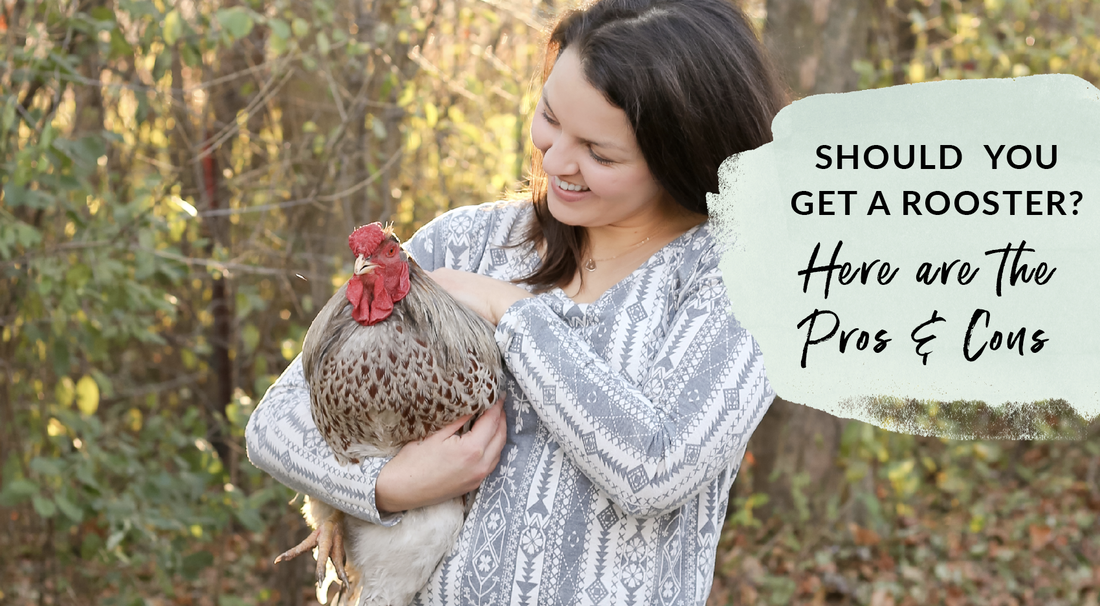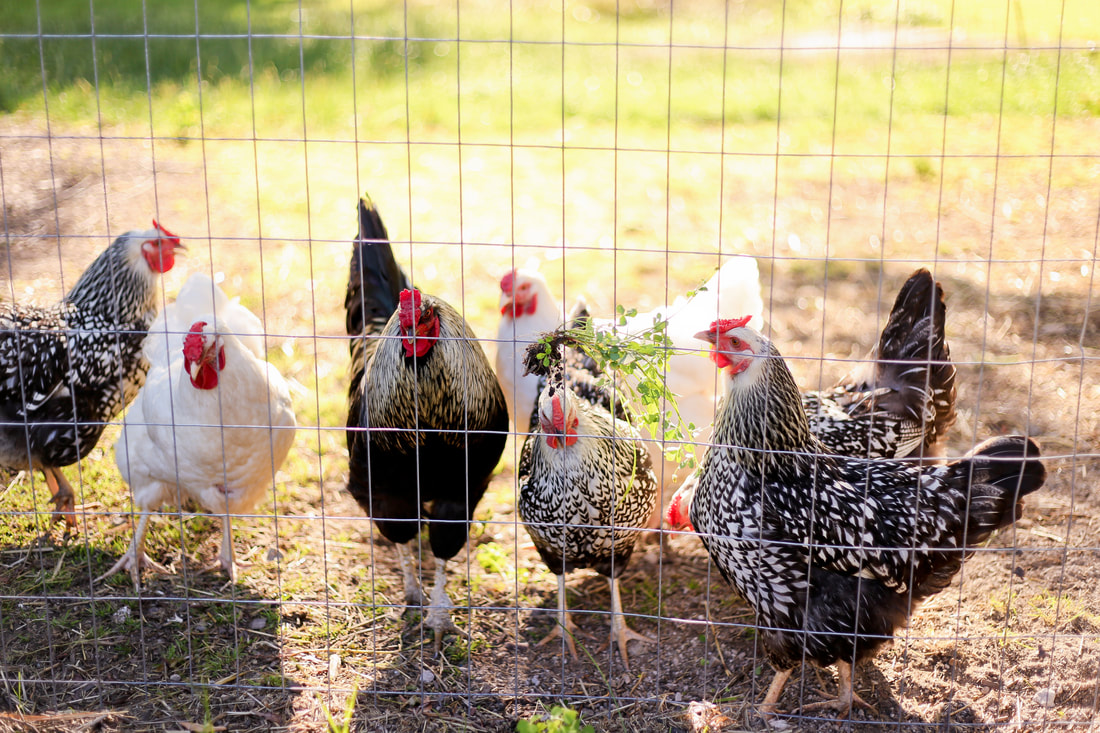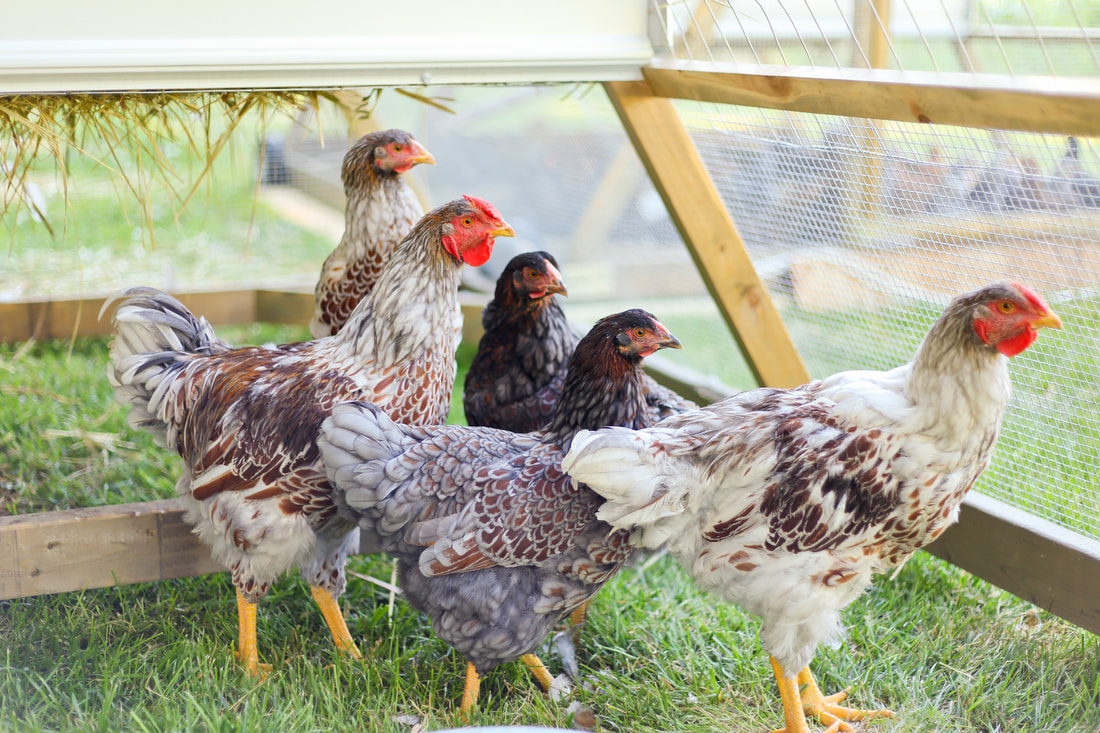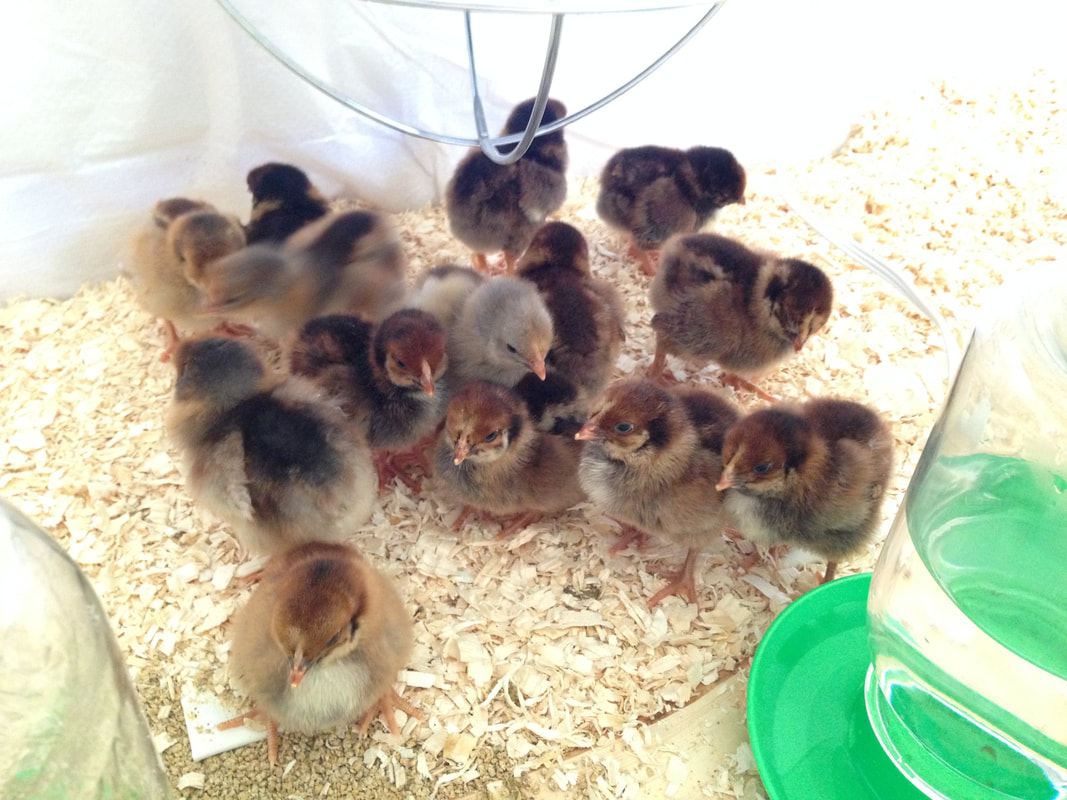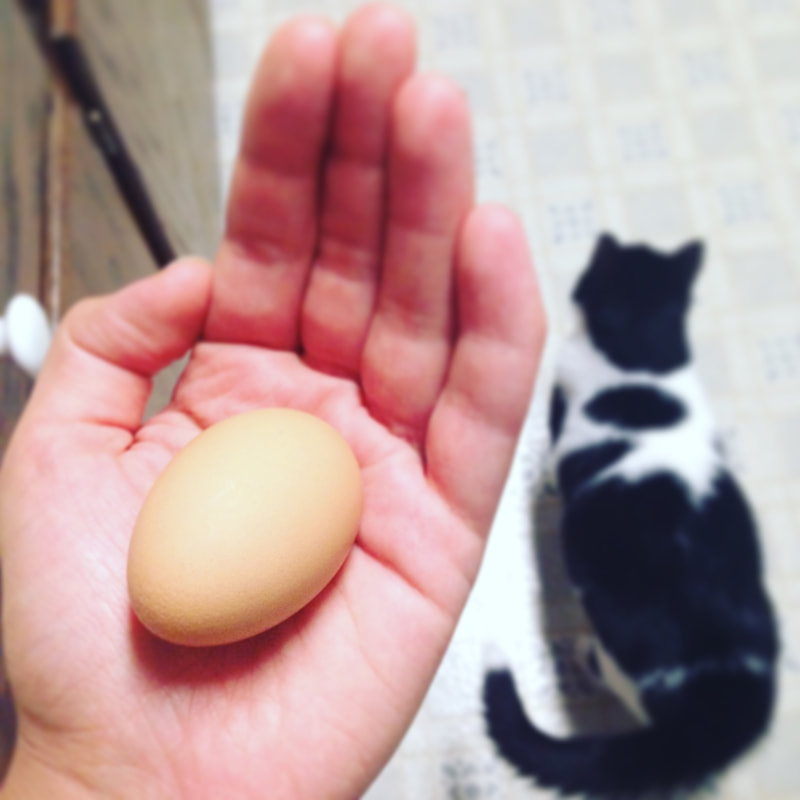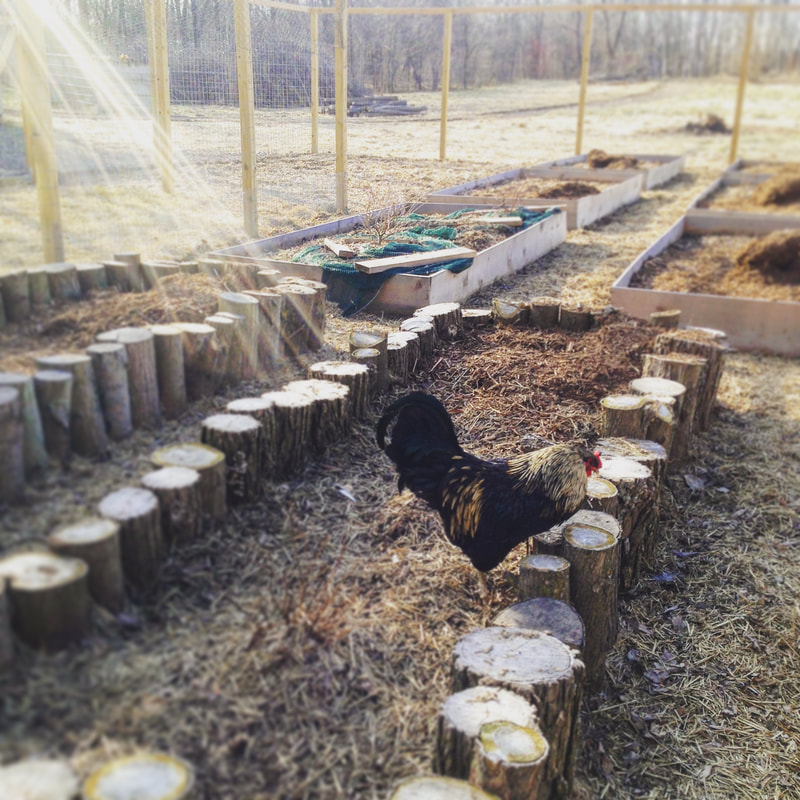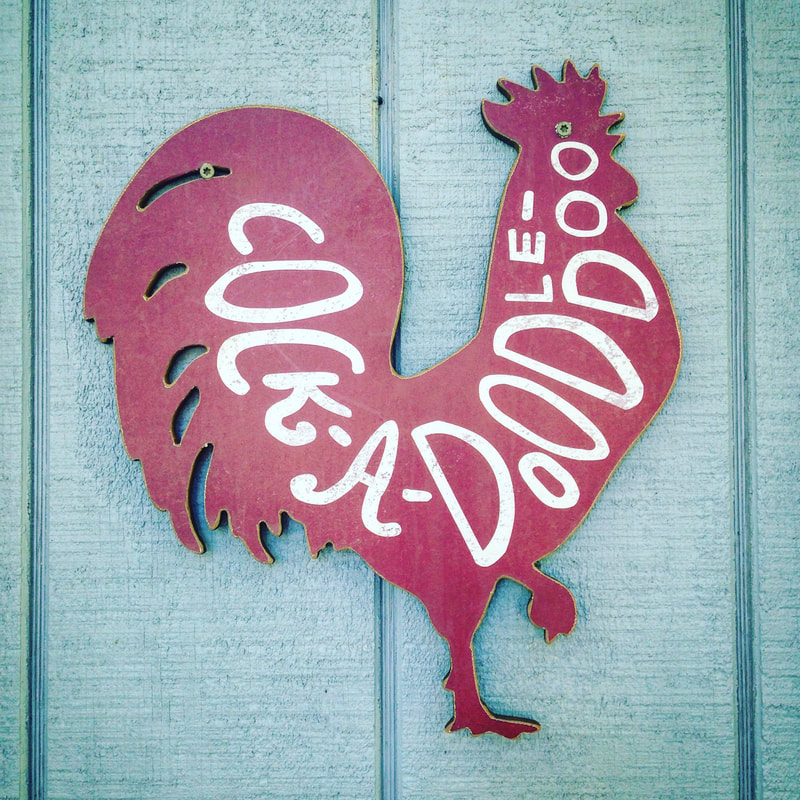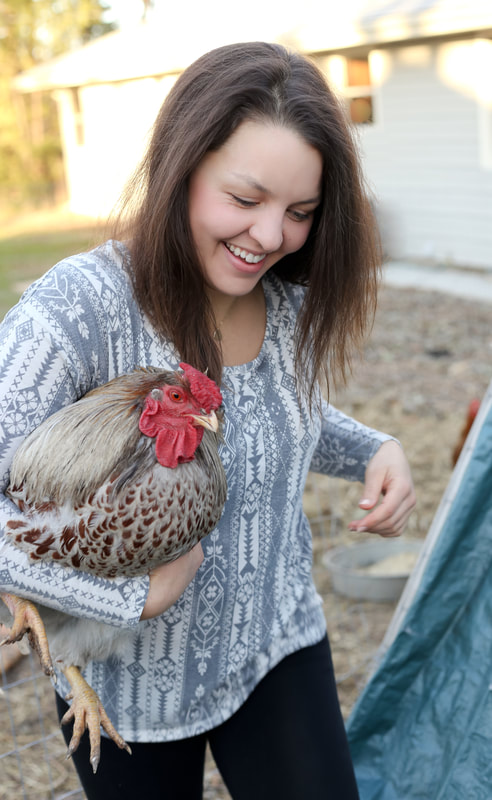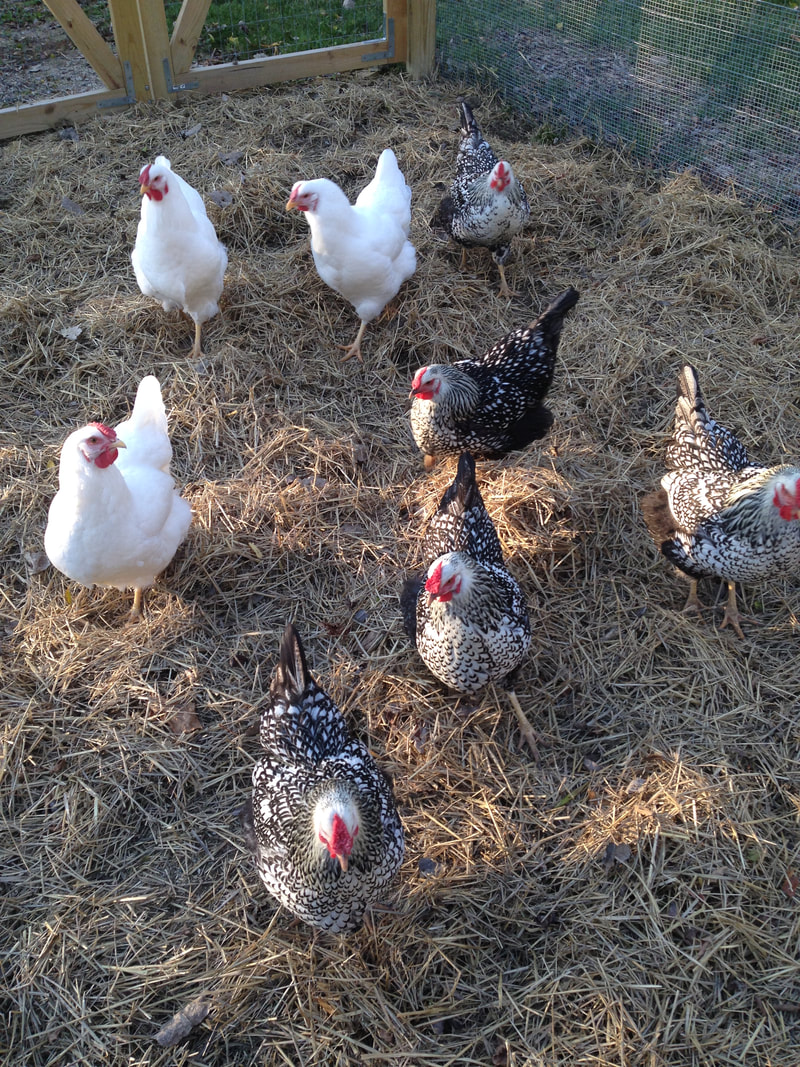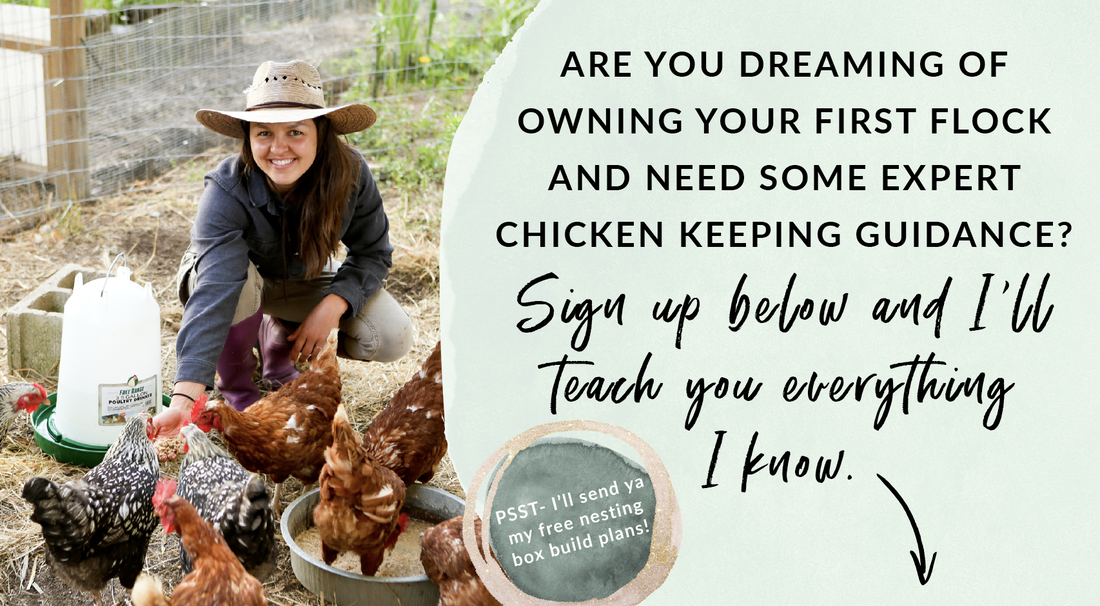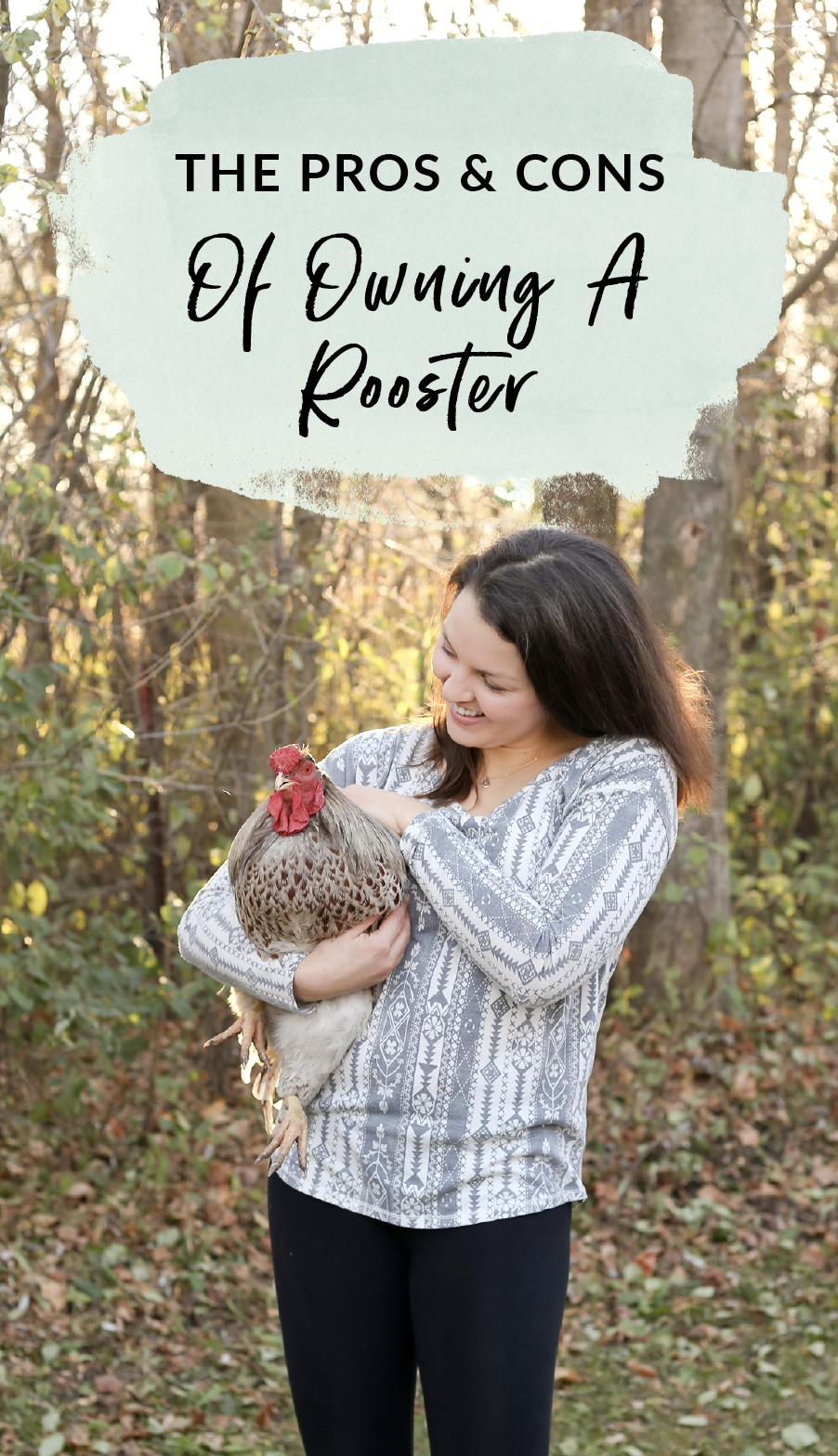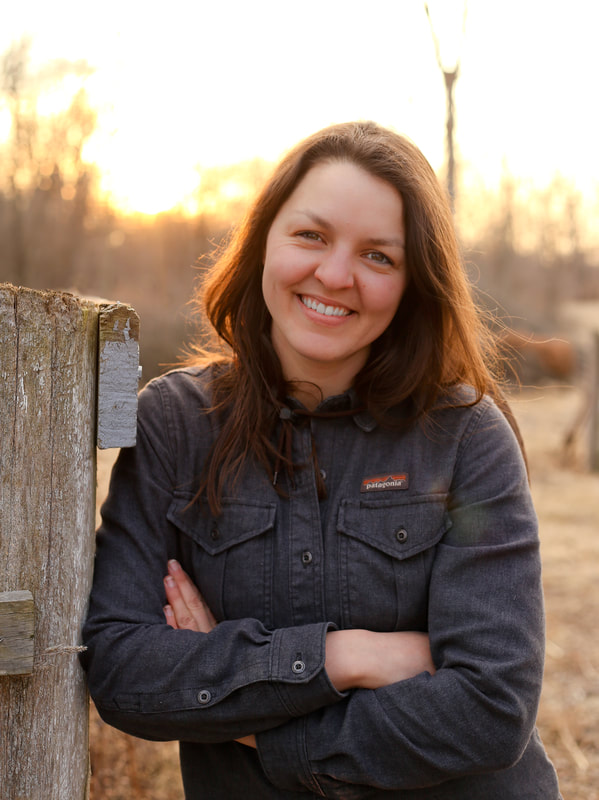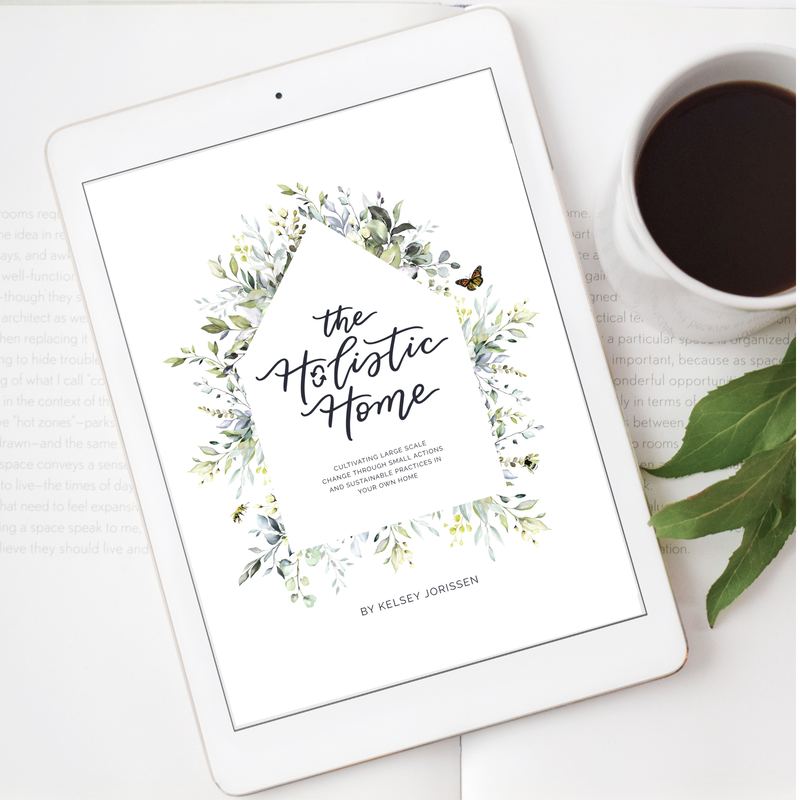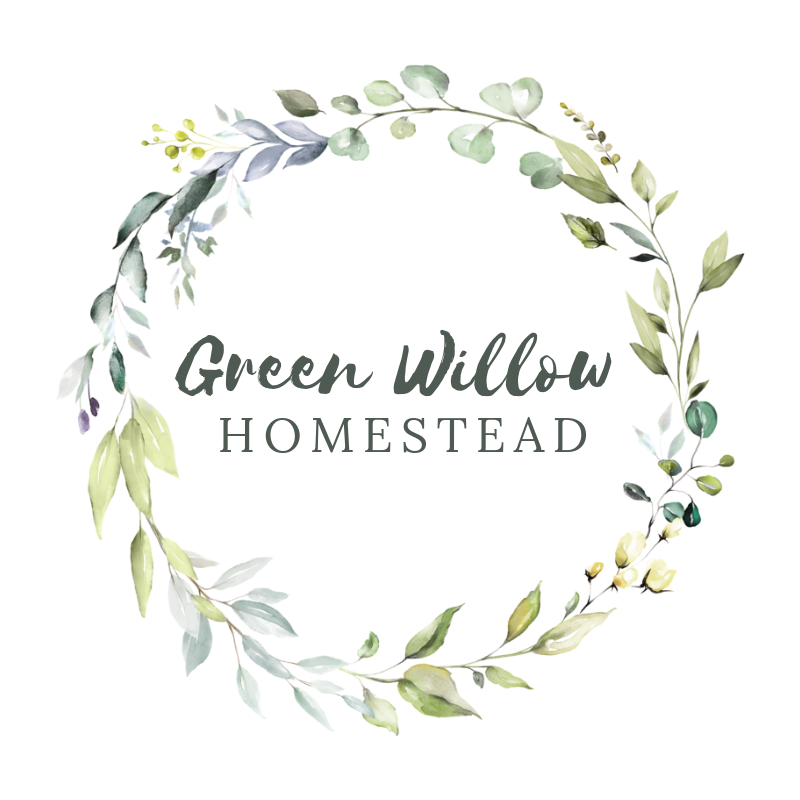|
There are many reasons why homesteaders decide to bring a rooster into their flock. For me, there was a moment last winter where I woke up in the middle of the night and thought, “I want to hatch my own chicks.” In that late night epiphany, I knew I had to get a rooster in order to make that happen, because, well, mother nature. Now I have four gorgeous roosters and will never go back to having just hens. Let’s break down the pros and cons of owning a rooster to help you decide if having one is right for your long-term goals as a chicken owner.
First and foremost, you have to be sure a rooster is allowed where you live. If you are a suburban chicken owner, it’s very unlikely you can bring a rooster into your neighborhood lest you want your neighbors to complain about all the crowing before dawn. Check with your municipal code to see what is allowed. You can also check with your neighbors too and feel them out if they would like a free alarm clock - they may surprise you and say yes! Where we live we have five acres, so it’s not a problem.
Let’s talk pros first when it comes to having a rooster. The following benefits are what I have found work for us on our micro-farm. Even if you aren’t selling eggs for profit, I feel these positive attributes apply. Flock Protection
Roosters are walking breathing warning systems. If something with sharp teeth or talon is afoot, you can be sure the rooster is going to spot it first and round up the girls. One of the things that took me by surprise was the different noises the roosters will make to warn their flocks of different types of predators. It’s hard to describe it in words, but if you get a rooster you will soon find out. Now I know what kind of predator is close by (or above!) depending on the vocalizations the big guys will make.
Since having roosters we’ve only lost one hen, versus the four hens we lost last year without any roosters. The one hen we did lose this year had gotten out of her pastured pen area and was taken by a hawk that I’m sure was waiting for an opportunity for weeks. If she hadn’t been separated from her rooster, I’m 100% certain the hen would never have been attacked. For the rest of the day after we had the hen attack, the roosters kept their girls within the bounds of overhead coverage and became visibly upset if a stray hen wandered into the open-to-above fenced-in pen. This type of behavior is what puts a homesteader at ease!
Moving as a Unit
When the hens were on their own without a rooster they seemed to be scattered here and there throughout our property. One even found herself up on a telephone wire (it’s a long story). As soon as we got roosters and they had some time to get to know each other within their respective flocks, order was restored and maintained. The flocks stay clumped together as they peck and scratch throughout their penned-in pasture.
This moving-as-a-unit behavior comes in handy when you have a garden plot you want to be prepared, a compost pile picked through, or some mulch spread out. Put your roostered flocks to work! We’ve used this clumping behavior to prepare our soil for a three sisters garden and to help eradicate overwintering squash bugs in our garden beds. They get the job done and I’ve got the 8 ft corn stalks to prove it! Hatching Your Own Chicks
My original impetus for a rooster was to hatch my own chicks. Now I will come right out and say we didn’t accomplish that in 2017 thanks to my own stupidity, but I have high hopes for 2018! On the rooster’s part, the eggs I was trying to hatch were fertilized, so they technically held up their end of the deal.
Hatching your own chicks is a great way to keep your flock population maintained, have a steady supply of egg layers at their peak, and butcher young chickens for meat. You can also consider selling chicks if you are looking for more farm-based income. Fertilizing eggs can be as low maintenance as you want it to be. My version of breeding includes putting a rooster I like with hen I like, collect her eggs until I have a dozen, then stick the dozen under a broody hen’s butt and mark the calendar for 21 days later. As mentioned earlier, my own stupidity got in the way of the hatch date and we lost our soon-to-be-chicks thanks to me moving the broody hen on her second to last day of sitting. Mama hen was like - “Where the hell am I?” and she jumped off the nest and let the eggs go cold. Cold eggs mean dead chicks inside. Now, of course, I know what not to do, but hey, you don’t learn unless you try! With choosing a rooster for breeding, I look for a non-aggressive nature, healthy lustrous feathers, nice deep red coloring in the waddle, and he has to have a good way with his hens. If you have more than one rooster, you’ll no doubt have a favorite after a few months. Relaxed Hens Equals More Eggs
Many argue that having a rooster does not actually increase egg production. I’d like to openly challenge that assumption and say it absolutely does. Observing my hens for over a year I’ve found that having a rooster in charge frees up the hens to eat more. It means one of your hens doesn’t have to assume the “alpha male” position of the flock in the absence of a rooster and gives her a chance to peck and scratch for bugs at the same rate as her sisters, ensuring her laying will stay steady. A good rooster will also find the juiciest meatiest treats and feed them to his girls willingly. What this comes down to is more good food and more feeding = more eggs.
I’ve found that the hens are also markedly more relaxed with a rooster around. They move as a unit, they are on the whole more protected from predators, and they eat like queens. Lump these factors in with losing fewer hens over the course of a year and, wow look at that, you’ve got a lot more eggs with a rooster than you would without one! Personality
Raising roosters from chicks brought me a ton of joy. Right from their fluffy beginnings, the roosters had much more personality and sparkle than the hens - sorry girls! We wound up with 11 more roosters than we bargained for at the beginning of the year so we had observed them quite closely to see what qualities we liked. They were exceedingly curious every time I would bring treats. They would sing and “talk” with me a ton more as they grew. When they got to be teenagers it was obvious who had the best personalities out of the lot. The ones we kept for breeding were those who were inquisitive, but not aggressive. Even now with their flocks they are the most talkative and curious. I can even pick up our absolute favorite, Rocky, and carry him around like a baby.
Time to get into the cons of owning a rooster. I’m sure you can guess the first and foremost negative when it comes to bringing a rooster into your flock… The Crowing
Yes, roosters crow. It’s what they’ve done for thousands of years. Roosters crow at what seems like the drop of a hat. Many different types of stimuli get a rooster going including giving them a treat, them having just mounted a hen, having a car pull up, etc. The most infamous reason is the arrival of the day.
Roosters will release their ballads about 2 hours before dawn thanks to an internal clock. On the longest day of the year, June 21st, that means they could be crowing around 3:30AM. Yup. That can be a huge negative for most. I will say if you have the flock shut up in a coop a ways from the house it won’t be too much of a problem. Our flocks are right on top of us in their chicken tractors so we definitely hear them come early dawn. I personally don’t mind it and even sleep through it now. To each their own! Fun tidbit: Thanks to a Japanese study done in 2013, they believe the rooster who starts their crowing first at dawn is the most dominant of the roosters. That would be our favorite rooster, Rocky. Aggressiveness
As the male counterpart to the hen, the rooster needs to be physically in charge and ready for any potential threats. Aggressiveness in roosters is a tool for their survival and they use it as they see fit. Sometimes this aggressiveness can be directed towards a child or family pet and it can be unsettling and even dangerous for those who aren’t used to having roosters.
This behavior can be most easily curbed through raising your own roosters from chicks. This ensures their familiarity with you first and foremost. Through holding them every day, talking to them as much as possible, and giving them treats here and there - you can raise a rooster to trust you. The responsibility of monitoring your rooster’s behavior lies with you. Don’t let your rooster be chased, kicked, teased, etc. Don’t let small animals or children close to your rooster without explaining the dos and don’t of proper rooster interaction. You can also use the same principles on a rooster you adopt and bring into your flock. Ask the previous owner about the rooster’s temperament. When you check the bird out, try to pick it up, hold out your hand with a treat, observe it around other birds if possible. Never let a rooster “mount” you. This means they will take a moment to size you up and then fly up on your head, back, or shoulders, ultimately asserting their dominance over you. Don’t ask me how I know... Hens Getting Singled Out
There are bound to have a hen get chosen as a favorite. You will start to notice a patch of her feathers are going missing just at the base of her tail along her back. This means the rooster is mounting her a bit more than her feathers are used to. This can first be helped by a chicken saddle. These little “aprons” protect your ladies’ backs from the rooster’s spurs. Secondly, you can check on how long the spurs of the rooster are getting and consider the hot-potato method to get them off. Watch this video, brought to you by my favorite version of Santa Claus ever. Reducing spur size and rigidity will help a ton with your hen’s back feathers as well as reduce any probability of the rooster hurting someone if they do attack for some reason.
All in all, these are the major pros and cons we've found in having a rooster. I hope this post helps you in deciding if having a rooster will work for you and your flock. It’s brought us peace of mind as well as self sustainability here on our farm! Thank you!You have successfully joined our subscriber list.
7 Comments
7/9/2019 01:28:06 pm
Hi! I love your insta and you are so informative. I have 14 hens and 1 rooster that we accidentally acquired from our new chicks this spring. I dont know much about roosters and am wondering if you could give me more info on your experience with when they will start mating with my hens? How do you tell if the egg is fertilized or not? Do you find that letting your rooster mate with other breeds gives you less healthy chickens? Do you ever use an incubator or always find a broody hen? sorry lots of questions! Im just having a hard time finding specific answers! Thanks!
Reply
Kelsey
7/10/2019 06:53:00 am
Hi Erin! I've been there! We had 11 roosters once with a hatch of chicks!! They will start mating with hens at 1yo. With fertilized eggs, when you crack the egg and look at the yolk, there will be a very faint bullseye the size of a pencil eraser. I never use an incubator and I always use broody hens. We haven't had any issues with unhealthy chicks, if a chick dies (which they do) it's usually for the best because you don't want to raise birds that don't have strong immune systems. Hope this helps!
Reply
Sheila
9/1/2023 03:07:39 pm
Hi Erin. I got 24 new chicks this spring (March) and have some of my hens laying (August). I have one rooster that was mating just before the hens started laying - so 4-5 months old. My other was about a month later so 6 months or so. He also was later to start crowing. Hope this helps.
Reply
Cathi
10/13/2020 06:34:21 pm
Hi Erin. I appreciate your comments and expertise. I wonder if you would suggest keeping a rooster if I only have two hens and no facility to separate them. I would like to keep this guy cause he’s sweet, but afraid he will wear them out.
Reply
8/3/2021 09:41:13 am
I like that you mentioned that having a rooster will keep your hens together better. My wife and I have a few chickens and they like to wander off a lot. Maybe if we get a rooster it will help the problem as it did for you!
Reply
Hi Erin,
Reply
Leave a Reply. |
Meet Kelsey,Thanks for stopping by Green Willow Homestead! From chicken rearing to composting, we've got our hands full and we love sharing what we've learned along the way. Follow along as we turn the 80 acres we call home into a farm that serves its community and a homestead that nourishes us throughout the seasons. Grab the EbookListen in!FREE Guide!Tune in to our YouTube ChannelInspirationsCategories
All
Favorite Books of 20241. Erosion
2. Braiding Sweetgrass 3. As Long As Grass Grows 4. The Small Scale Poultry Flock 5. The Zero Waste Solution Archives
April 2024
|
FOLLOW KELSEY ON INSTAGRAM!
As an Amazon Associate I earn from qualifying purchases. |

